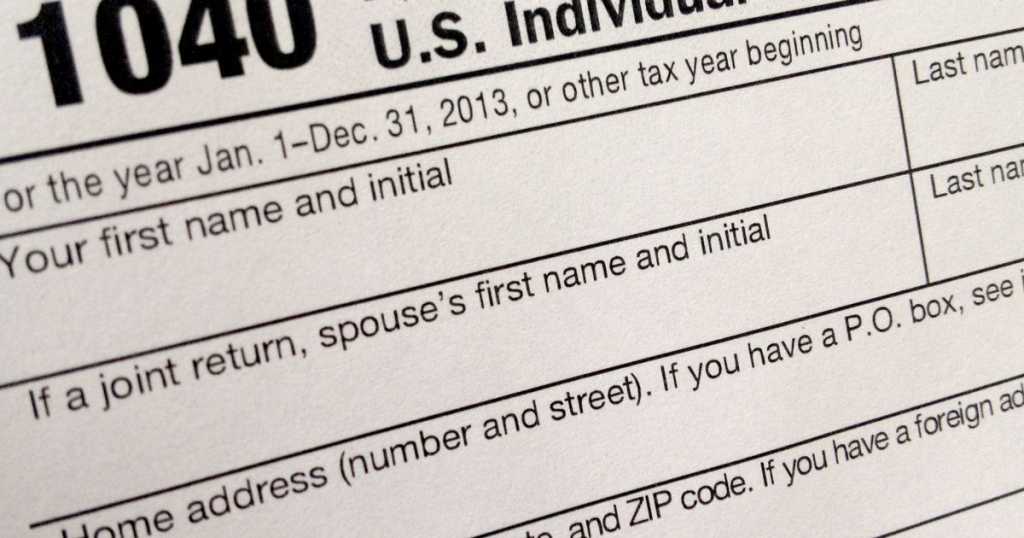Steps to significantly reduce your changes of receiving an IRS audit notice.
In cleaning out my email (something I do annually, whether I need it or not) I came across an excellent article from 1800 Accountant on how to avoid an audit.
I know that you are going to think “the deadline is way passed, why bother with this now?” but I thought that, my cleaning procrastination aside, you might want to consider this for next year. The complete article can be found at 1800accountant.com.
Below are the ten tips they suggest one consider when planning and submitting one’s return.
- Ensure your tax return is 100% complete.
After your tax return has been completely filled out from top to bottom, review it with a fine-tooth comb. Make sure that every line that is applicable to your tax situation has been filled out completely and correctly. If you submit an incomplete tax return, a tax authority may question why you did not disclose certain information on your return.
If a line on your return doesn’t apply to you, still fill it in with a “0” or dash (—) so that nothing is left blank. A blank space can raise a big red flag. - Report all taxable income on your return.
Taxpayers who are categorized into higher income tax brackets – particularly earners of over $200,000 per year – typically have a higher chance of getting audited. While the good majority of individuals bring in most of this income legitimately from a small business, a W-2 job, or through interest or investments, all taxable income must be reported on your return. The IRS wants to know about every taxable penny you earn, so be sure you disclose it appropriately. - Avoid claiming large itemized tax deductions.
If you choose to itemize your tax deductions rather than claiming the standard deduction, the IRS may compare your write-offs to what fellow taxpayers in your income tax bracket claim on their returns. If the agent reviewing your return determines that your deductions are a little high, they might give it a second look. - Properly claim all eligible tax deductions on expenses.
Home office deduction: To claim the home office deduction when filing your return, you must use a specific area of your residence for business activities. You can write off either an appropriate percentage of your bills, or you can claim the flat-rate deduction of $5 per square foot with a maximum deduction of $1,500 for up to 300 square feet of home office space. It’s critical to fully document all of your home office expenses.
Meals and entertainment deduction: Self-employed professionals are also allowed to write off 50% of business-related meals and entertainment activities as a tax deduction. But you must follow a few rules to ensure the agent reviewing your return doesn’t question the deduction. Stick to the 50% write-off amount, document who was present at the gathering, and don’t forget to write down the type of business that was conducted or discussed. Saving receipts is a must, and failing to do any of these things could trigger an audit.
Travel expenses: Don’t forget travel expenses you can also write off. As long as you travel by plane, train, or automobile for business purposes, you can deduct these costs. Let’s say you fly from New York City to Los Angeles to meet with a client. You can deduct your flight, rental car, hotel, and any other travel expenses you incur for the trip. If you’re an employee, you may write off unreimbursed employee expenses, which could include travel costs.
Deducting charitable contributions: As a business owner, it’s also nice to be philanthropic. And you can save on taxes while helping others, too. Consider making donations to your favorite charity – clothing, toys, household goods, or even a vehicle. As long as you donate to a qualifying charity and save your receipts, you can deduct 100% of your non-cash charitable contributions on your tax return. Documentation is key here to help you avoid an audit.
- Always claim accurate deductions on business losses you incur.
Business losses are commonly incurred, especially during the startup phase of a brand new company. To properly deduct any business losses you incur, they must qualify as deductible losses. The best way to meet this requirement is to launch or maintain a formally established business entity, such as an LLC, S corporation, or C corporation. Doing so helps you prove to the IRS that these losses are actually tied to your business and are not simply personal losses. - Explain yourself to the IRS.
If you think your tax return has a good chance of raising an audit flag, you should include extra forms, worksheets, or receipts with your filing. Use them to explain inconsistencies on any audited returns from the last few years in areas such as your name, your dependents, deduction amounts, and income. This can help you avoid unnecessary correspondence with the IRS when it comes to clarifying your information. - Double-check your numbers.
It’s easy to skip over numbers or calculations – Especially when you consider how many figures can appear on your tax form. So, you could easily make errors between the number 100 and the number 1,000 if you’re in a hurry to fill out your return. Calculations should always be done on a calculator – or even with an app on your smartphone – to ensure accuracy. Make the same calculations more than once to guarantee certainty in the numbers you record on your return for income and deductions. Pay close attention to zeroes, decimal points, and commas. - Incorporate if you work for yourself.
Filing a Schedule C as a self-employed taxpayer automatically increases your audit risk. If you are your own boss, consider incorporating or setting up an LLC for yourself. In general, corporations and LLCs are audited less frequently than sole proprietorships and partnerships. This is because what would ordinarily look abnormal on a personal return would make more sense for a business.
In essence, having a formal entity proves to the IRS that you are indeed operating a business, rather than claiming you are. - Avoid filing amendments to your IRS tax returns.
If you file an amended return, your original return could also come under scrutiny, so make an effort to file correctly the first time around. An amended tax return is filed in order to make corrections to an original return. This may involve correcting income amounts or deductions you are claiming. If you file an amended return, your original return could also get a second look. That’s why it’s critical to file correctly from the get-go. You don’t want the IRS to get suspicious when you’re submitting numerous returns for a single tax year.
The Bottom Line on Audits
There is no surefire way to guarantee that you will never receive an IRS audit notice in the mail in your lifetime. The same can be said for audits from non-federal agencies like state and local tax authorities. However, the aforementioned steps can significantly reduce your chances. It is also wise to work with an accounting professional who has dealt with audits in the past and knows how to avoid them in the future.









